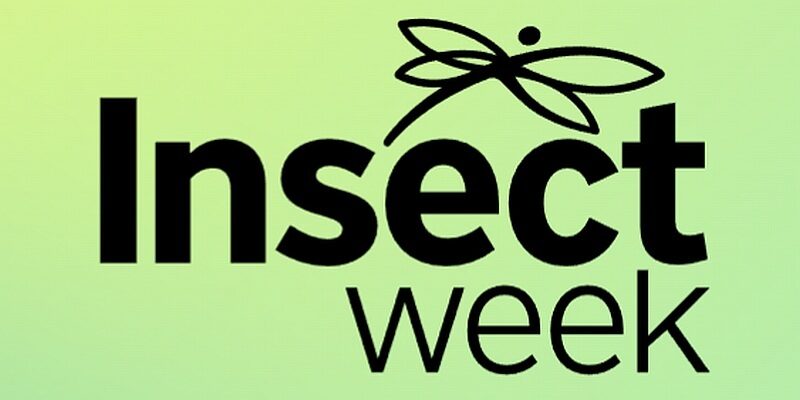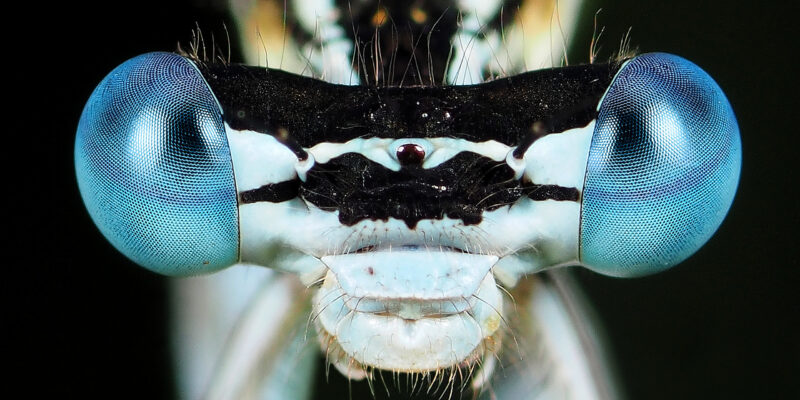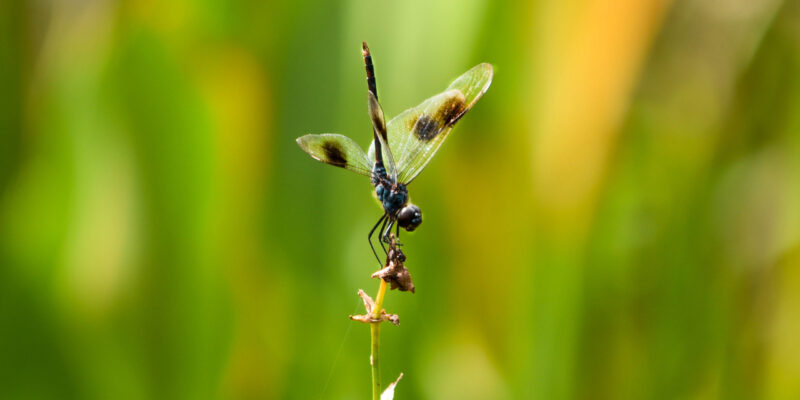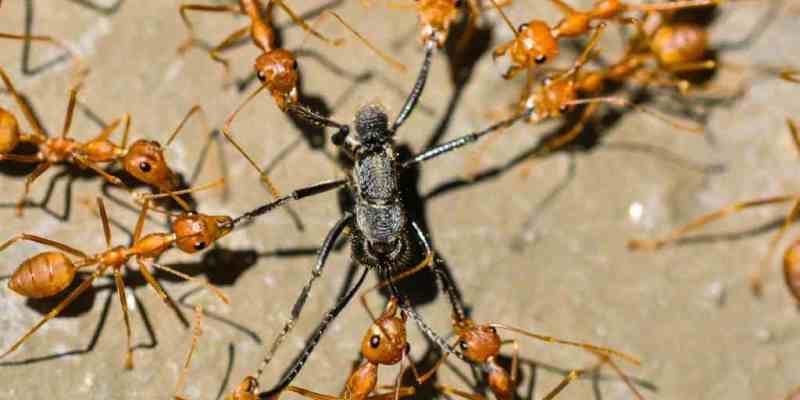Congratulations to the winners of the 2021-2023 Royal Entomological Society Journal Awards.
Agricultural and Forest Entomology is a Royal Entomological Society international journal with an audience of researchers, policymakers and professionals covering a wide range of topics, including research on insect pests, pollinators, and natural enemies in managed forests and agroecosystems. We welcome papers on biology, behavior, population dynamics, impact, and management of insects in various production systems.
Submissions on techniques for pest management, studies on insect communities, and the influence of management practices are encouraged.

Winner Volume 24, 2022:
Kae Natsume for her work on Ants are effective pollinators of common buckwheat Fagopyrum esculentum

The judges commented:
“This paper very nicely shows how ants are underappreciated pollinators of crops such as buckwheat. By providing multiple sources of evidence – ant-exclusion experiments and observations of pollen grains on ants’ bodies – they were able to demonstrate that ants contributed significantly to seed set. The paper is exceptionally well written and presented: the figures are particularly good examples of how to show results clearly; the findings are succinctly presented and discussed in the context of the vital role that pollinators play in food security.”
Lead author of the paper, Kae grew up with a deep love for animals in a small city called Utsunomiya and she graduated from Keio University with a bachelor’s degree. Having decided to pursue her career as a researcher studying ecology, she is studying at the University of Tokyo at the Laboratory of Biodiversity Sciences, supervised by Tadashi Miyashita. Her research focus is on the capacity of ecosystems to sustain our livelihoods, such as pollination service to crops. Buckwheat is entirely reliant on insect pollination for its production and visited by a variety of wild insect species – so diverse that researchers are still finding more species visiting flowers after studying the system for five years in the satoyama area of Iijima, Nagano prefecture. Kae has been investigating whether these diverse insects provide complementary services and is now working toward completing her PhD.
Kae comments that her paper is important because while we often hear the cry ‘Save the Bees’ to prevent a global pollination crisis, other (often underappreciated) species also provide vital pollination services. Hoverflies and butterflies are often seen as the more charismatic pollinators among them, but ants are often forgotten.
“Surprisingly, we found that ants can make a significant contribution to buckwheat pollination in central Japan. Buckwheat flowers kept free from ant visitations were 30% less likely to set seed despite other flying insects being permitted to pollinate. We identified two common species of ants involved in pollination – Formica japonica and Camponotus japonicus-which appear to differ in their pollination abilities, based on the number of pollen grains they carry.”

Her paper illustrates that, although all types of pollinators are important, because ants cannot reach the field centre far from their nesting sites in the edges, ants are still important pollinators in small-scale agricultural landscapes, along with other services they might provide such as pest control.

Winner Volume 25, 2023:
José Neiva Mesquita Neto for his contribution to Native bees with floral sonication behaviour can achieve high-performance pollination of highbush blueberry in Chile

The judging panel said:
“This paper reports a very nice study of the role of native pollinators, concluding that their impact can be more important than exotic bees imported in huge numbers from Europe for pollinating blueberry crops in Chile. The paper is very well written: the way that each section is clearly structured and the manner in which the data are visually presented in figures are particularly notable. The figures, including one illustrating some of the study species, are a great example of how to draw the reader into finding out more about insect science.”
José is a young South American scientist with a background in pollination ecology and a passion for bees and flowers. He graduated in Biological Sciences at the Federal University of Goiás, Brazil, in 2014 and completed his Ph.D. in Plant Biology at the Federal University of Minas Gerais in 2019, with an exchange period at the Technical University of Darmstadt, Germany. Since 2019, he has held the position of Assistant Professor at the Universidad Católica del Maule (Chile).
His research has focused on the study of pollination of native and cultivated plants. He has used empirical and hypothesis-driven methods to approach this question from different angles, from the ultrastructure of plant-pollinator interactions to the community level.

José has also worked to establish a collaborative scientific network bringing together researchers from different disciplines and backgrounds to contribute to the knowledge of pollination of agricultural and wild plants involved in buzz pollination. He has continually sought out the latest technology and methods, but always with an eye to counting and preserving natural history.

These results are of broad interest, as they reveal the previously unrecognized role of Chilean pollinators in improving yields for a globally significant crop.

When speaking about his winning research, José said,
“We have demonstrated for the first time that native Chilean insects can effectively pollinate crops. Chilean bees that used buzz pollination to vibrate highbush blueberry flowers during visits transferred more pollen, making them excellent pollinators for this crop. These native pollinators could serve as a valuable alternative to exotic species introduced for crop pollination in Chile.
Remarkably, some native bees outperformed managed honeybees, transferring 5.8 times more pollen. Our findings highlight that certain native Chilean bee species, particularly those exhibiting sonication behaviour, can enhance both the quality and quantity of highbush blueberry fruit.”

Highly commended Early Career Entomologist awards:
Yevhen Suprunenko: Estimating expansion of the range of oak processionary moth (Thaumetopoea processionea) in the UK from 2006 to 2019
Ana Laura Pietrantuono: Host genetics determines food preferences of the moth Perzelia arda (Lepidoptera: Depressariidae)





